As data scientists, we constantly seek new ways to derive insights from complex data. One area that has significantly grown in importance is Natural Language Processing (NLP). With the rise of large language models (LLMs), such as the ones mentioned in this presentation, we can now leverage advanced capabilities to process, understand, and generate human language at unprecedented scales.
In this post, I will explore some of the key functions that LLMs offer and discuss how they can be effectively applied in various industries.
Core Capabilities of LLMs
The presentation highlights several important capabilities of LLMs, which include:
- Translation: With LLMs, translating text between languages has become more accurate, enabling companies to bridge communication gaps across global teams and customer bases.
- Text Summarization: In today’s fast-paced world, extracting key information from lengthy texts is critical. LLMs offer robust text summarization techniques, allowing users to digest large amounts of content quickly and efficiently.
- Question Answering Systems: By training models on vast data sets, LLMs can now answer complex queries with greater accuracy, which has broad applications in fields like customer service, education, and healthcare.
Beyond these core functionalities, there are several additional NLP tasks where LLMs shine:
- Sentiment Analysis: LLMs can analyze the sentiment of text, whether in customer reviews, social media, or market reports. This allows businesses to gauge public perception and make data-driven decisions.
- Named Entity Recognition (NER): Identifying and classifying key information such as names, dates, and places is crucial for automating information extraction in industries like finance and law.
- Text Generation: Perhaps one of the most revolutionary aspects of modern LLMs is their ability to generate human-like text. From creating marketing content to drafting reports, the potential applications of text generation are vast.
The Emergence of Soft Prompts
One exciting advancement mentioned in the presentation is the concept of soft prompts. These prompts allow for more efficient model fine-tuning, enabling organizations to customize language models for specific tasks with fewer resources. This makes AI solutions more scalable and accessible to a broader range of businesses.
Practical Applications of NLP
As data scientists, it’s important to understand how these technologies can be applied in real-world scenarios. Here are a few examples where NLP, powered by LLMs, is already making a difference:
- Customer Support Automation: With the ability to generate responses, answer customer queries, and analyze sentiment, LLMs are transforming how businesses approach customer service. Chatbots powered by question-answering systems can handle a vast range of customer inquiries, freeing up human agents for more complex tasks.
- Content Creation and Curation: Text generation and summarization capabilities allow marketing teams to create content more quickly, while also automating tasks like social media monitoring and report generation.
- Healthcare Diagnostics: By analyzing patient records and answering medical queries, NLP models assist healthcare professionals in diagnosing diseases, recommending treatments, and improving patient outcomes.
- Legal Document Review: NER and text summarization tools are helping legal teams quickly identify relevant information in contracts and legal documents, speeding up the review process.
The Future of NLP in Data Science
As the use cases for LLMs continue to grow, so too will their importance in the data science landscape. By integrating these powerful models into data pipelines, businesses can unlock new insights and efficiencies, paving the way for innovations that were once unimaginable.
In conclusion, LLMs represent a massive leap forward in natural language processing. By leveraging capabilities like text generation, sentiment analysis, and soft prompting, data scientists can drive value across a wide array of applications. Whether it’s enhancing customer experiences, improving healthcare, or streamlining business operations, the potential for NLP in the modern world is limitless.

